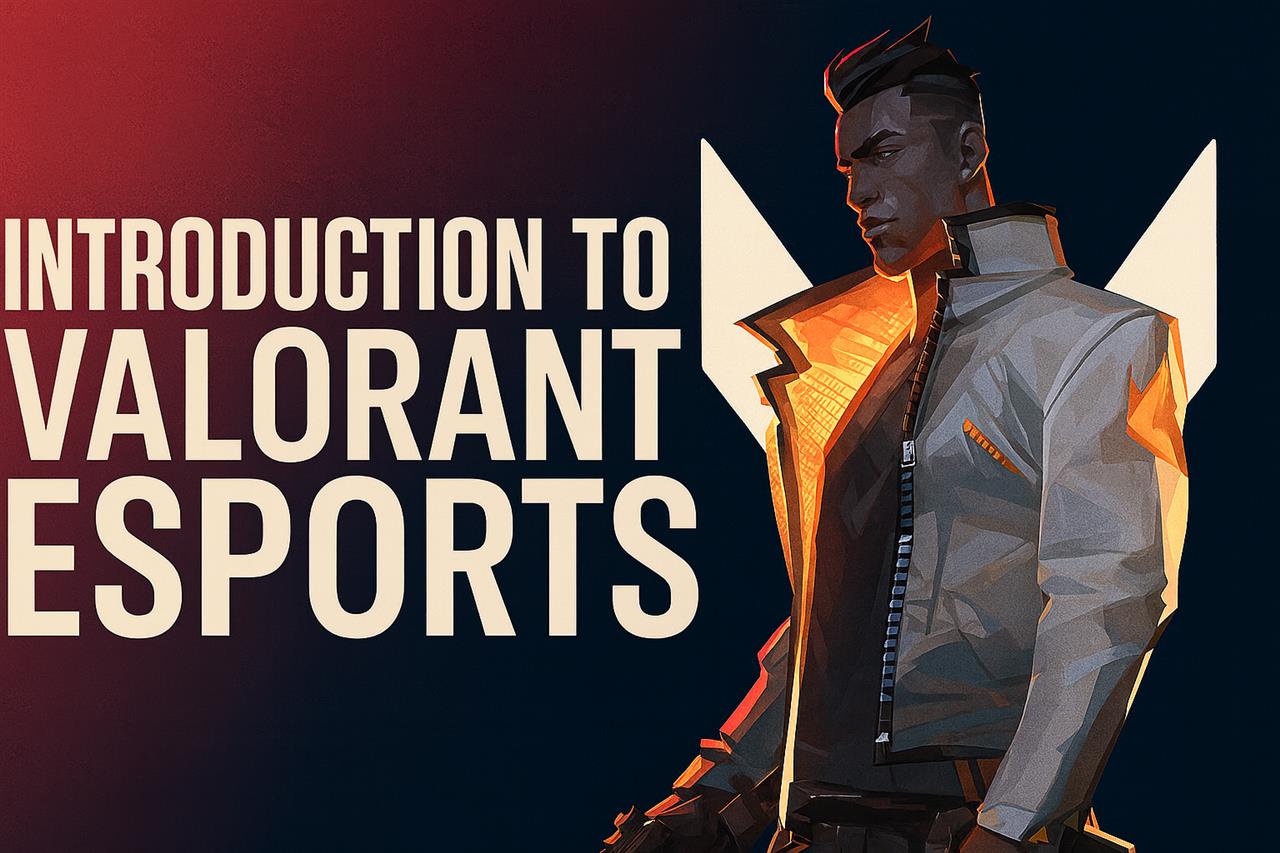Introduction to valorant esports

Valorant, developed by Riot Games, is a tactical first-person shooter that has swiftly carved a niche in competitive gaming since its release in 2020. Combining elements of traditional CS:GO-style gameplay with unique agent abilities, Valorant has built a thriving esports scene. Today, Valorant esports represents one of the most dynamic and rapidly growing segments of the competitive gaming world.
The Evolution of Valorant’s Competitive Scene
Since its early beta, Valorant was designed with esports in mind. Riot Games, known for the massive success of League of Legends esports, applied its knowledge to create structured tournaments and leagues for Valorant. The first significant step was the launch of the Ignition Series in 2020, followed by the VALORANT Champions Tour (VCT) in 2021.
Ignition Series and First Tournaments
The Ignition Series laid the foundation for professional Valorant. These events were organized in partnership with third-party organizers and helped spotlight talent across various regions. As players and fans became more invested, Riot introduced new tiers of competition.
VALORANT Champions Tour (VCT)
The VCT is Valorant’s flagship competitive circuit. It features a year-long format divided into distinct stages: Challengers, Masters, and Champions. The best teams from regional Challengers events progress to the international Masters tournaments, and top-performing teams qualify for the ultimate event of the year - Valorant Champions.
VCT Format Highlights
- Challengers: Regional qualifiers that offer entry into larger competitions.
- Masters: International LAN events that showcase the best teams globally.
- Champions: The world championship culminating the competitive season.
Popular Teams and Rivalries
Valorant esports has created some iconic teams and rivalries. North America’s Sentinels, EMEA’s Fnatic, Korea’s DRX, and Brazil’s LOUD have become household names within the scene. The competition among these teams heightens the excitement and draws massive viewership during international events.
Rivalry Spotlight: Fnatic vs LOUD
One notable rivalry has been between Fnatic and LOUD. These teams have faced off in multiple grand finals, delivering high-stakes matches full of drama, tactical brilliance, and individual skill. Fans eagerly anticipate each new chapter in their ongoing rivalry.
The Role of Agent Diversity in Competitive Play
A unique aspect of Valorant esports is its agent pool. Each agent has specific abilities that can radically change the dynamics of the game. Teams must carefully strategize agent compositions, which adds layers of complexity not commonly seen in traditional shooters.
Meta Shifts and Their Impact
The competitive meta in Valorant is ever-changing. Riot frequently updates agent abilities and adds new characters, forcing teams to adapt. These meta shifts test team versatility and often result in surprising underdog victories and innovative plays.
Community and Future Outlook
The Valorant esports community is vibrant and supportive. From grassroots tournaments to major league games, the fanbase is integral to the growth of the ecosystem. Riot continues to invest in regional leagues and collegiate programs to develop future esports talent.
Upcoming Developments
Looking ahead, Riot has plans to expand VCT, introduce in-game tournament tools, and host championship events in new regions. These initiatives signal a promising future and reaffirm Valorant’s position as a leader in the modern esports landscape.
Conclusion
Valorant esports continues to captivate audiences worldwide with its energetic gameplay, compelling rivalries, and structured competitive scene. Supported by a passionate community and Riot’s ongoing innovations, Valorant is poised to remain at the forefront of esports for years to come.